.png)
All six TV stations, whose licenses were suspended last week by the decision of The Commission for Exceptional Situations, violated the audiovisual legislation and manipulated, especially concerning the war in Ukraine. The president of the Audiovisual Council, Liliana Vițu, explained this in a press conference, stating that "the decision of the CES is based on several cumulative factors and aims to protect the national audiovisual space".
The CES ordered the suspension of the broadcasting license, starting from December 19, of six television audiovisual media services: Primul in Moldova, RTR Moldova, Accent TV, NTV Moldova, TV6, and Orhei TV. Most of these are controlled behind the scenes by the fugitive politician Ilan Șor, sentenced in the Republic of Moldova to seven years and six months in prison for fraud and money laundering.
"The Audiovisual Council rigorously monitored the activity of all TV stations in the country, a fact confirmed by the reports issued this year. The 6 stations targeted by the CES resolution, repeatedly violated the Audiovisual Media Services Code. They propagated division, intolerance and supported the information attack against Ukraine. Moldova is not the only country that suspended the broadcasting of some stations for reasons of national security. Recently, the Council of the European Union and the French regulator ARCOM have taken similar decisions, due to numerous violations of information honesty. We will do our work honestly from now on, with an eye on the TV stations and with the law on the table, so that citizens have access to balanced information, anchored in ethics and fairness in approach", said Liliana Vițu.
“Before the beginning of the war, four of the six stations were actively rebroadcasting Russian newscasts that represented an informational attack on Ukraine and an informational preparation for its invasion. Both the provisions of the Audiovisual Media Services Code and the basic standards of journalism, regarding correct information, were seriously violated. In the first days of the aggression, these stations stopped rebroadcasting news programs from Russia but adopted another tactic – manipulation by omission. I mean - these stations avoided talking about the war", said the head of AC.
The President of the AC specified that the decision is based on several cumulative factors related both to compliance with the Audiovisual Media Services Code and to the field of national security. In this sense, several monitoring reports, including those of media NGOs, have attested to several violations. Multiple sanctions have been applied throughout this year for the lack of correct information in the coverage of national events, but also the propagation of the war of the Russian Federation against Ukraine.
All the TV stations, whose licenses have been suspended, do not comply with the provisions of the Code that refer to the volume of local content they must produce. Four of the six stations have, in recent months, changed their owner - the final beneficiaries, without the agreement of the Audiovisual Council.
"As for the accusations of infringement of the Russian language, I can only state that they are misplaced. Both the public television station and the private stations in Moldova have programs in Russian and other minority languages, and one of the TV stations with a suspended license had local programs in Romanian," said Liliana Vițu.
Textele de pe pagina web a Centrului de Investigații Jurnalistice www.anticoruptie.md sunt realizate de jurnaliști, cu respectarea normelor deontologice și sunt protejate de dreptul de autor. Preluarea textelor știrilor și a investigațiilor jurnalistice se realizează în limita maximă de 500 de semne. În mod obligatoriu, în cazul paginilor web (portaluri, agenții, instituţii media sau bloguri) trebuie indicat şi linkul direct la articolul preluat de pe www.anticoruptie.md în primul alineat, iar în cazul posturilor de radio și TV – se citează obligatoriu sursa.
Preluarea integrală a textelor se poate realiza doar în condiţiile unui acord prealabil semnat cu Centrul de Investigații Jurnalistice.
Donors:
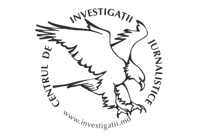
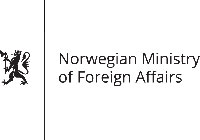

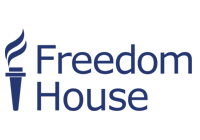
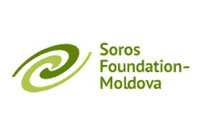
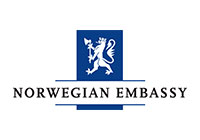
Partners:









